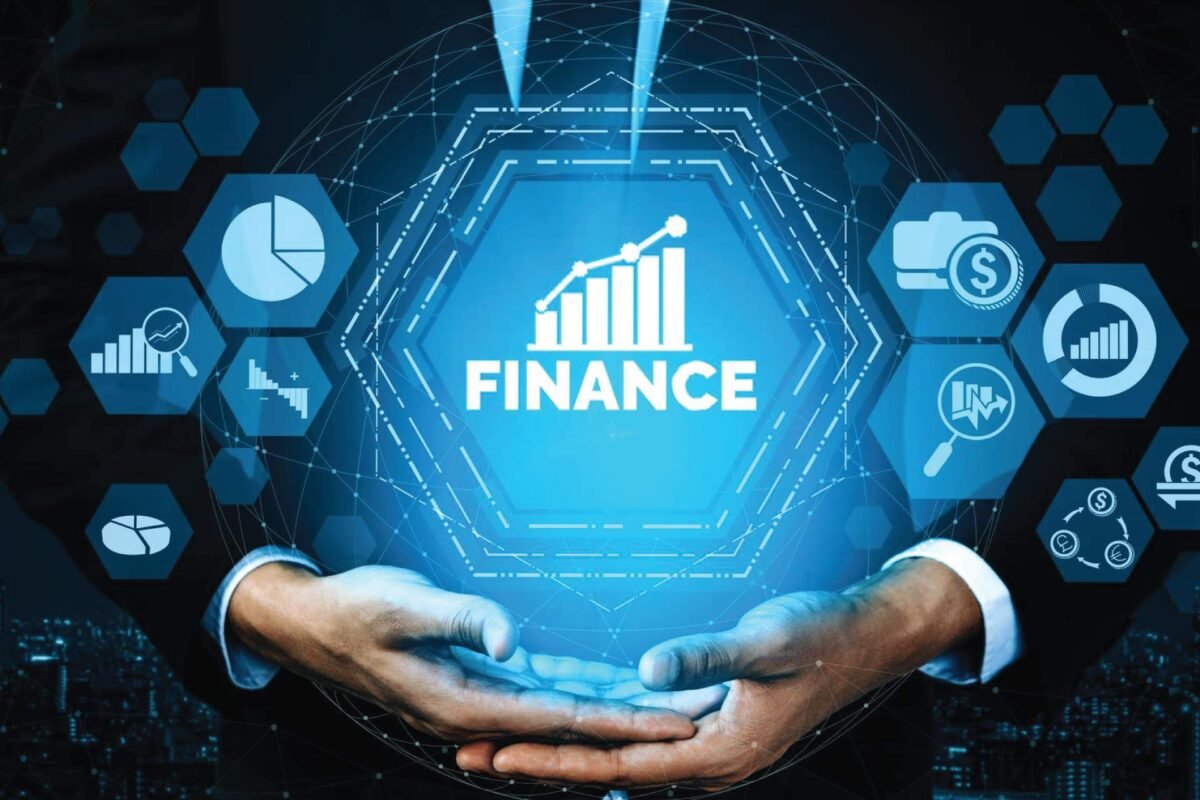Table of contents:
1. Understanding ESG Investing
2. The Rise of Socially Responsible Consumers
2.1 Demographic Shifts
2.2 Consumer Values and Expectations
3. The Link Between ESG and Consumer Behavior
3.1 Consumer Awareness and Education
3.2 Brand Loyalty and Trust
3.3 Case Studies
4. The Impact of ESG on Business Performance
4.1 Financial Benefits:
4.2 Market Share and Competitive Advantage:
4.3 Long-term Sustainability:
5. Conclusion: A Symbiotic Relationship
Consumers are changing. Today it is no longer a matter of who has offered a cheaper product or a ‘better’ product but consumers are conscious of how those products are being produced, and the role that these companies play in the world. his shift towards socially responsible consumption has sparked a parallel movement in investing: Environment Social Governance – ESG.
Effectively, ESG investing considers firms through a celluloid of environmental, social, and governance issues in response to the values of these wary buyers. It’s a win-win: the organizations that aim for good results concerning people and the environment are also supported by like-minded customers and investors which, in return, bring positive outcomes to both aspects.
1. Understanding ESG Investing
Another term that has received considerable attention is ESG investing, a framework that measures the organization’s Environmental, Social, and Governance performances. This investment strategy aims at evaluating a business entity’s long-term worth by incorporating social and ecological factors into the equation apart from the financial indicators as usual practice.
- Environmental (E) aspect relates to the responsibilities of a company with regard to the environment, such as energy consumption, carbon emissions, the disposal and usage of natural resources.
- Social (S) elements entail organizational relationships with employees, customers, and communities. These are the labor issues, rights issues, and the social issue of the community involvement.
- Governance (G) factors assess the board of directors, executive management, corporate culture, and shareholder relation.
The origin of ESG investing can be associated with socially responsible investing (SRI) of the 1960s and 1970s. But over the past few decades, it has become more assertive and relies on quantitative factors, which is referred to as ESG investing. Some of the important milestones are, the upgrading of ESG risks and opportunities in analysts’ conventional models, the emergence of ESG rating agencies, and more focus on sustainable reporting by the regulators.
There are already regulationss that have defined what ESG investing is going through or that will provide classification for sustainable economic activities, like the EU Taxonomy, and there is also the Sustainable Finance Disclosure Regulation (SFDR) that requires increased transparency of the companies that engage in ESG investing.
2. The Rise of Socially Responsible Consumers
There is mounting evidence of a paradigm shift in the behavior of these consumers particularly because of the emergence of a new culture of socially and environmentally sensitive citizens. It also has a concepts and priorities shift which has important significance for business, providing an example of perceptions born by new consumer values.
2.1 Demographic Shifts
Consumers across the globe are increasingly being driven by the millennials and Generation Z consumers. These cohorts are noted to be very much conscious in issues of social and ecological responsibility. Born with a social conscience due to the current awareness on climate change, equity, and ethics, this generation wants the companies they deal with to be socially responsible.
2.2 Consumer Values and Expectations
Contemporary consumers are aware of several ethical factors that should be taken into consideration when buying products. Corporate responsibility, clear supply chain, and fairness in doing business are key factors that define the requirement. They look for brands that would reflect a genuine policy for protection of the environment, employment of right labor and political correctness among others.
For instance, the consumer will prefer products that are packed less or those packagings that are made from recyclable materials. Some of them want to know more about origin of the purchased products while others are also supporting the brands that consider the ethical issues of supply chain. Besides, there is an increased demand for the business to publish its operations and effects on the society and the external environment.
These shifts in consumer behavior point to the significance of ESG (Environmental, Social, and Governance) criteria for organisations that want to grow in the current economy.
3. The Link Between ESG and Consumer Behavior
There is a clear shift due to consumers’ increased awareness and understanding that conscious consumption is the way forward. Such a change to the consumer profile is highly significant for companies if one wants to grasp the interactions between ESG factors and consumers.
3.1 Consumer Awareness and Education
The awareness regarding environmental and social issues has encouraged the consumers with tools to make better decisions. The information through the media, through the availability of information on the digital platforms, has been vital in informing consumers of the consequences of corporate activities. Hence, people have started paying more attention to the actions of a brand and pressure has been mounted on brands to deliver accountability.
3.2 Brand Loyalty and Trust
Companies demonstrating a genuine commitment to ESG principles are fostering stronger bonds with consumers. By aligning their values with societal concerns, these businesses build trust and loyalty. Consumers are more likely to support brands that share their ethical convictions, creating a powerful competitive advantage.
3.3 Case Studies
Numerous companies have successfully integrated ESG practices into their business models, reaping the rewards of enhanced consumer perception and loyalty. For instance, Patagonia’s unwavering commitment to environmental sustainability has cultivated a dedicated customer base. Similarly, companies like Unilever and Ben & Jerry’s have leveraged their ESG initiatives to drive positive brand image and consumer engagement.
These examples underscore the correlation between ESG and consumer behavior, highlighting the importance of incorporating ESG principles into a holistic business strategy.
4. The Impact of ESG on Business Performance
Beyond ethical considerations, embracing ESG principles offers tangible business advantages. Companies demonstrating strong ESG practices often reap significant rewards.
4.1 Financial Benefits:
ESG performance can directly influence a company’s financial health. By mitigating environmental risks, optimizing operational efficiency, and fostering positive social impact, businesses can reduce costs, enhance profitability, and attract investors seeking sustainable investments.
4.2 Market Share and Competitive Advantage:
In today’s consumer-driven market, aligning with ESG values is essential for gaining a competitive edge. Consumers increasingly prioritize brands with a strong social and environmental conscience. By demonstrating a commitment to sustainability and ethical practices, companies can build stronger brand loyalty, attract new customers, and differentiate themselves from competitors.
4.3 Long-term Sustainability:
ESG is not merely a trend but a fundamental shift in business operations. By integrating ESG principles into core strategies, companies ensure long-term resilience and adaptability. This forward-thinking approach not only benefits the planet but also positions businesses for sustained growth and success in an evolving marketplace.
5. Conclusion: A Symbiotic Relationship
The convergence of ESG investing and socially conscious consumerism marks a pivotal shift in the business landscape. As consumers increasingly prioritize sustainability, ethics, and transparency, companies that embrace ESG principles gain a significant competitive advantage. This symbiotic relationship is not merely a trend but a fundamental transformation in how businesses operate and how consumers make choices.
By aligning their values with those of their customers, companies can build enduring brand loyalty, enhance their reputation, and contribute to a more sustainable future. As the world becomes more interconnected and aware of the environmental and social challenges we face, ESG will continue to be a driving force in shaping the business landscape.
Stay Ahead of the Financial Curve with Our Latest Fintech News Updates!



